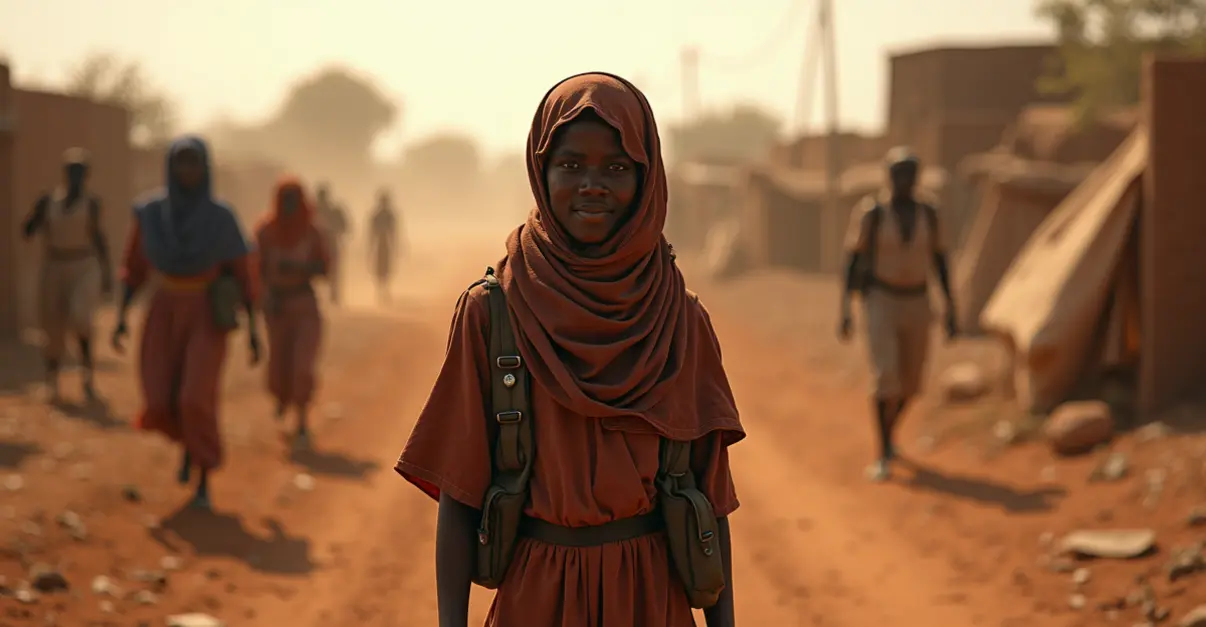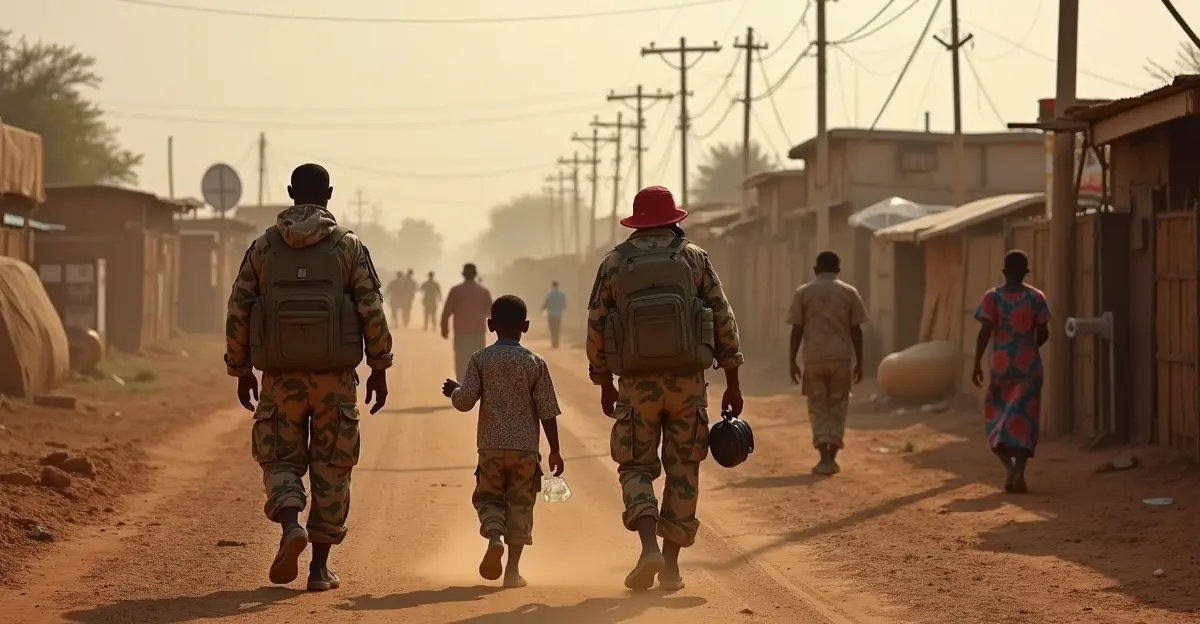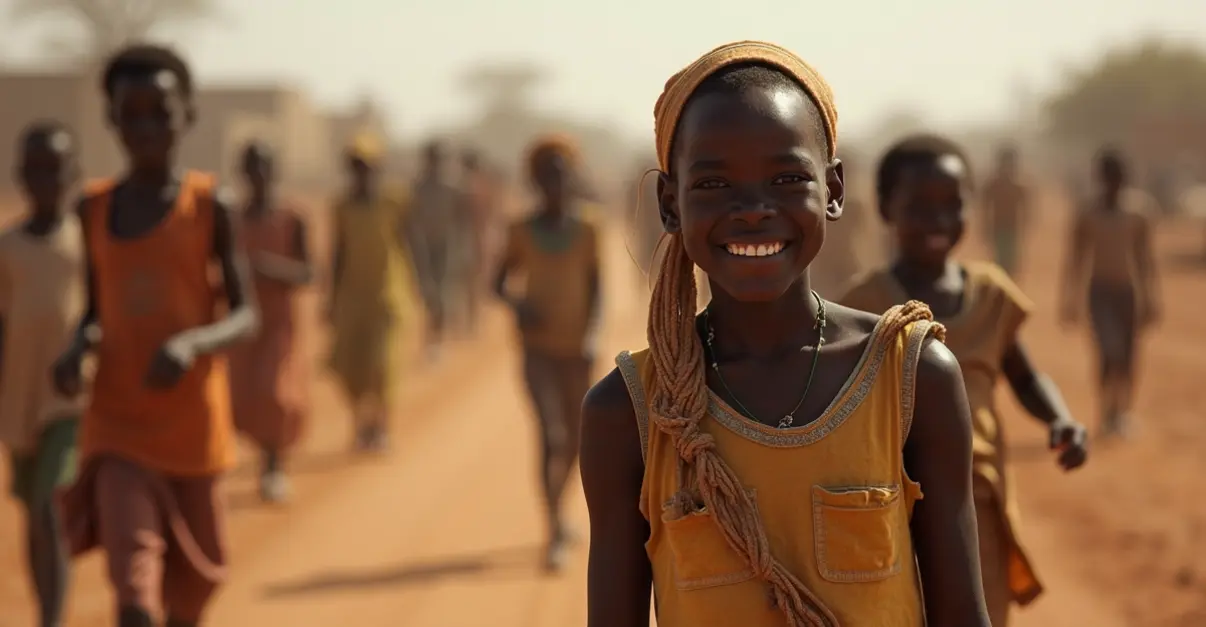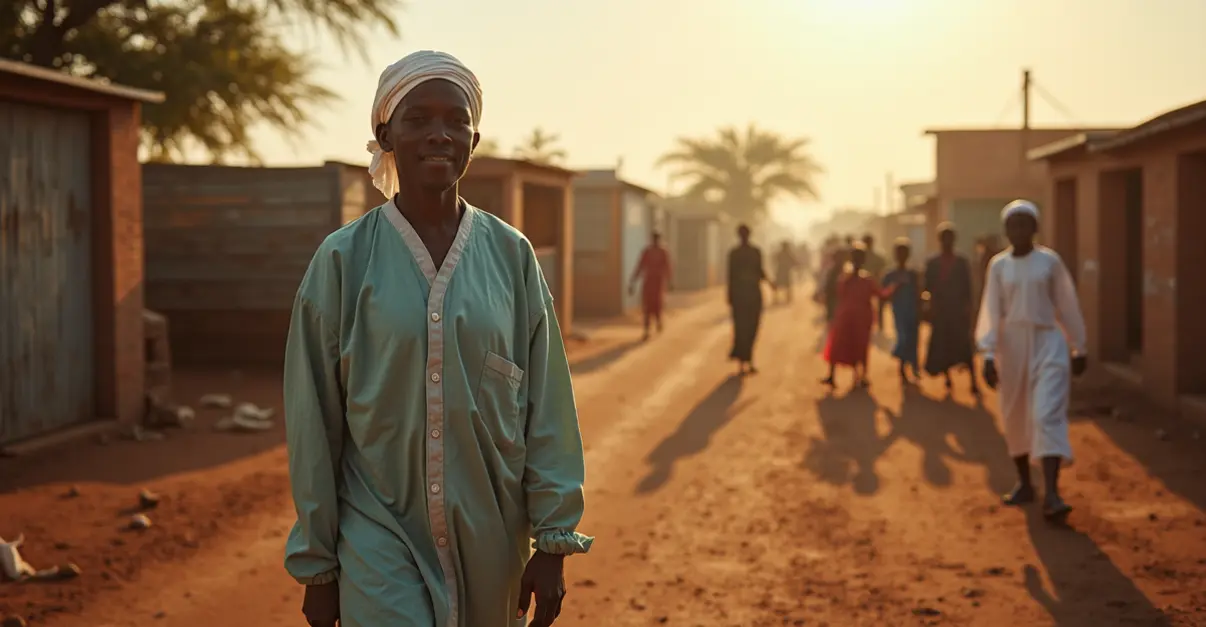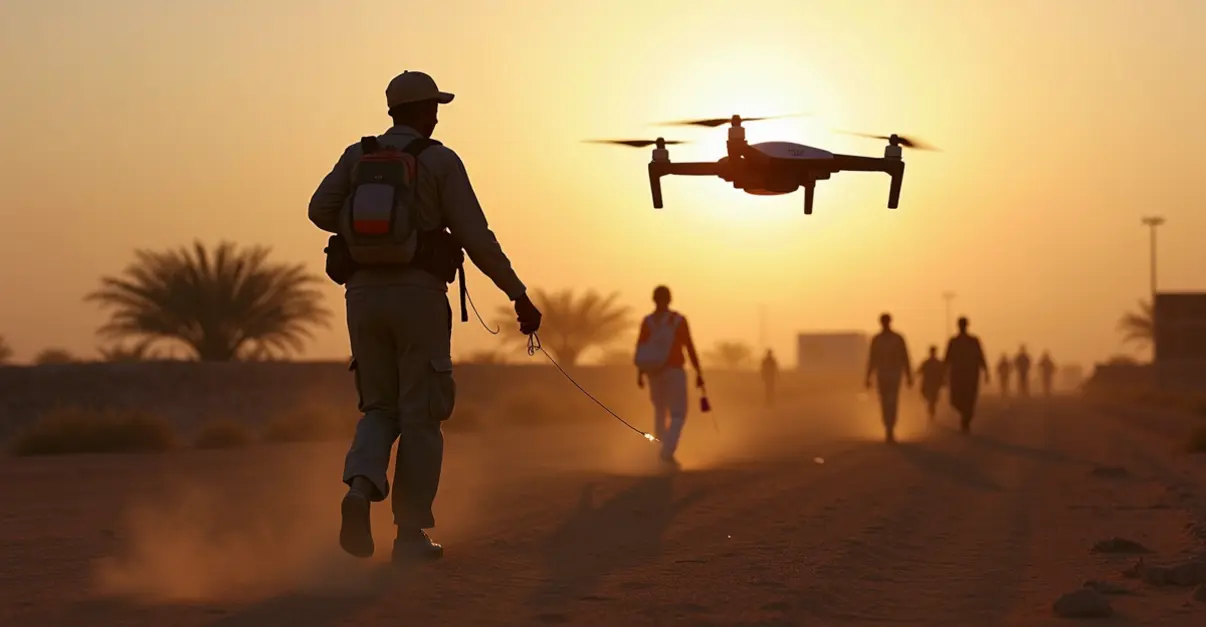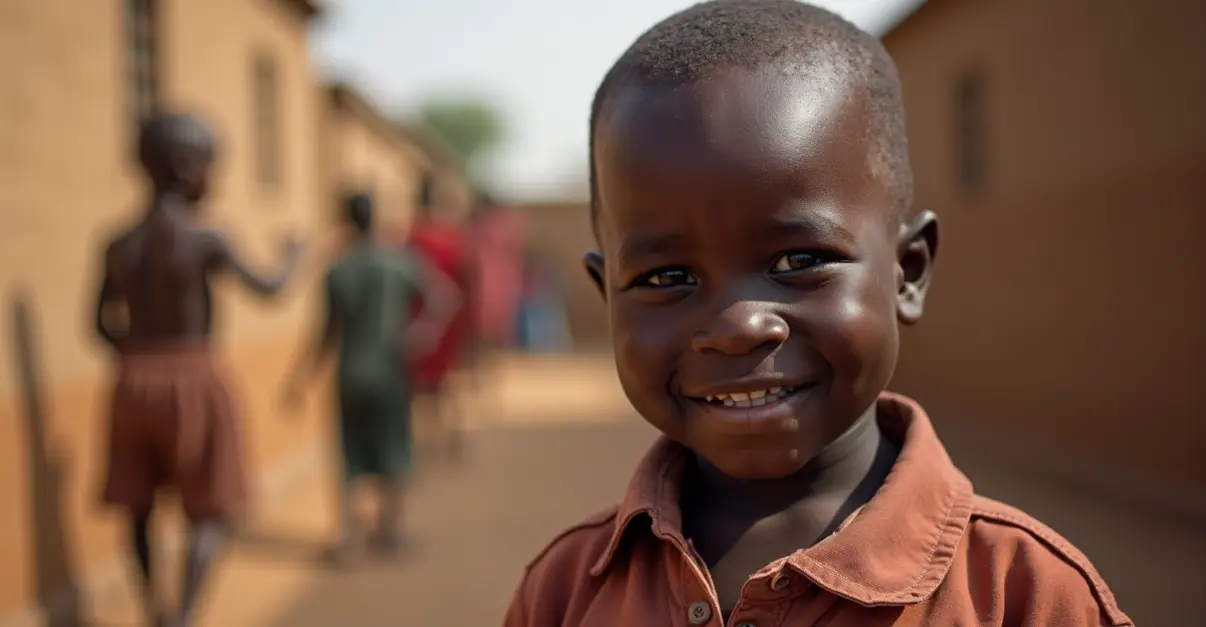Sudan's RSF Claims Control of El-Fasher, Last Army Bastion in Darfur
The Rapid Support Forces (RSF), Sudan's powerful paramilitary group, has announced the capture of the Sudanese army's headquarters in the strategic city of El-Fasher, marking what could be a decisive turning point in the nearly two-year civil war. El-Fasher represents the final major stronghold of the Sudanese Armed Forces (SAF) in the resource-rich Darfur region, which has been under siege for over a year.
Humanitarian Catastrophe Looms
Humanitarian organizations are warning that the capture of El-Fasher could lead to a bloodbath. 'If El Fasher falls, the RSF will be able to complete the genocide begun by the Janjaweed through ethnic cleansing of those they have not displaced or killed so far,' said Nathaniel Raymond, a UN human rights investigator, in a statement to United Nations investigators last year.
The concerns are well-founded. In April 2025, RSF forces reportedly killed over 1,500 civilians during their capture of the Zamzam refugee camp south of El-Fasher, according to NOS reports. Civilians who managed to escape the city in recent weeks describe RSF fighters engaging in systematic looting, rape, and murder.
Strategic Importance of Darfur
The battle for Darfur is about more than just territory. The region sits on the border with Chad, providing easy access for weapons supplies, and contains valuable gold mines that have become a major source of funding for the RSF. According to Global Witness investigations, RSF commander Mohamed Hamdan Dagalo (Hemedti) used his forces to take control of gold mines in Darfur, making him one of Sudan's wealthiest individuals.
'The RSF and their business partners have captured a swathe of the gold industry and are likely using it to fund their operations,' stated a Global Witness report from 2019 that remains relevant today.
International Dimensions
The conflict extends far beyond Sudan's borders. 'This is no local conflict and many international interests are at play, especially in Darfur,' explained Elles van Gelder, Africa correspondent for NOS, speaking from Port Sudan. 'The United Arab Emirates supports the RSF with weapons, armed drones, and even mercenaries. They receive gold in return.'
The United States has officially declared the RSF's actions in Darfur as genocide, while human rights organizations have documented widespread crimes against humanity including ethnic killings, village burnings, and systematic rape.
Humanitarian Crisis Deepens
The situation in El-Fasher has been deteriorating for months. Satellite imagery shows the RSF constructed earthen walls around the city, severely restricting food and medical supplies from reaching the trapped population. 'People are dying from hunger and diseases, and there is almost no medical help,' reported van Gelder.
The United Nations and aid agencies have described Sudan's crisis as the world's largest humanitarian emergency. Approximately 14 million Sudanese have been displaced, with tens of thousands killed since the conflict began in April 2023. UNICEF has warned that thousands of malnourished children face imminent death in the besieged city.
Ethnic Dimensions
The conflict carries deep ethnic divisions. RSF fighters are predominantly of Arab descent, while the residents and refugees in Darfur are mostly Sudanese of African descent. This ethnic dimension has fueled what many observers describe as systematic ethnic cleansing operations throughout the region.
As the battle for El-Fasher reaches its climax, the international community watches with growing concern that another major humanitarian catastrophe may be unfolding in Sudan's troubled Darfur region.

 Nederlands
Nederlands
 English
English
 Deutsch
Deutsch
 Français
Français
 Español
Español
 Português
Português
